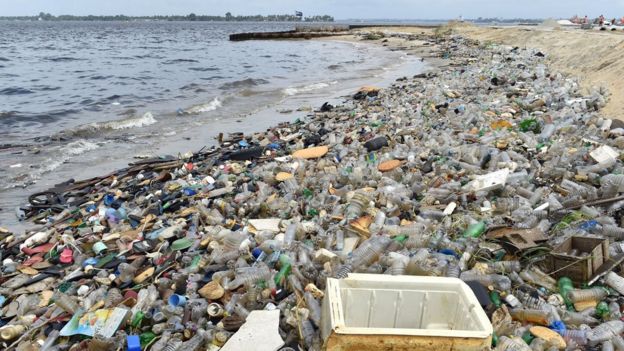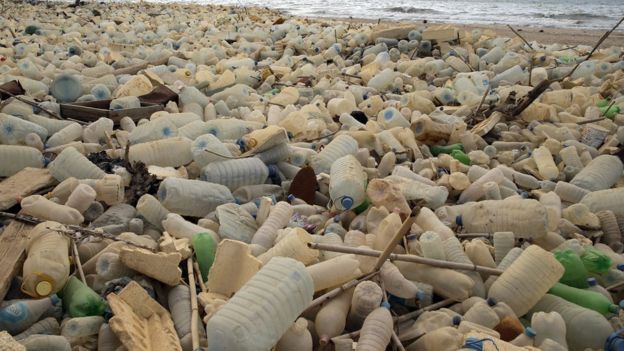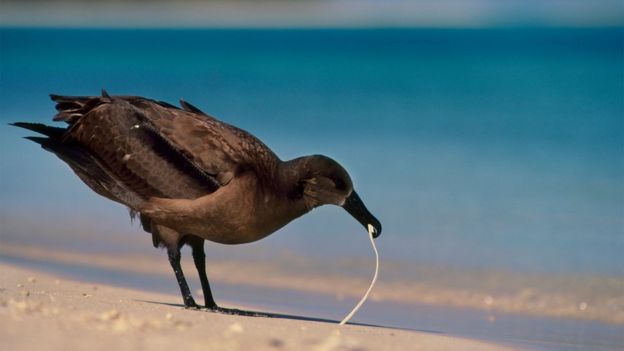Leader of the United Nations Oceanic Division has warned that the risks of rising plastic waste are too high for marine life. Lisa Swenson has said that governments, companies and individuals should act quickly to stop plastic pollution.
"It's a crisis for the planet," he added. "We've been destroying the ocean's atmosphere for decades of discovering for plastic facilities," he said in an interview with the BBC prior to the UN Environment Summit.
Representatives attending the meeting insisted that they should take drastic action against plastic trash.
He was upset by a Kenyan hospital who was suffering from the use of plastic waste and was suffering from torture.
"It's a crisis for the planet," he added. "We've been destroying the ocean's atmosphere for decades of discovering for plastic facilities," he said in an interview with the BBC prior to the UN Environment Summit.
Representatives attending the meeting insisted that they should take drastic action against plastic trash.
He was upset by a Kenyan hospital who was suffering from the use of plastic waste and was suffering from torture.
When he was floating in the sea, he visited a young thug named 'Guy' who was rescued by a fisherman.
The turtles were immediately suspected to have consumed plastic waste, since they could not control their stomachs and swallowed a lot of plastic.
Lisa Swannon saw a emotional moment when she was given two weeks' laxis for cleansing the creatures of the tortoise.
'Get Speed?'
Swannon, who claims that "the scale of the challenge" to the extent of plastic, "said he would support a resolution passed by Norway in order to remove plastic waste in the oceans.
He said that if all countries agree with that long-term goal it would be a UN victory.
This is a much more ambitious goal than the current commitment to substantially reduce waste on sea by 2025. Some environmentalists argue that lack of a timetable is a major failure.
Dyson Brown, from Greenpeace, told that: "They are trying to work for a stronger agreement but urgent action is needed to prevent billions of tons of plastic waste from entering the ocean."
"The manufacturers have to take responsibility for their products and we need to check our consumption patterns that have led us to this."
Indonesia, the world's second largest plastic pollution after China, has pledged to cut 75 percent of plastic waste wastage in the sea in 2025. But some observers suspect that the rules of the law are adequate to do so. "
Fisheries and chemical pollution, sewage and agriculture; Development of coastal areas; Climate change; Svenson says that the sea faces multiple multinational attacks such as marine acid and high exploitation coral reefs.



Comments
Post a Comment